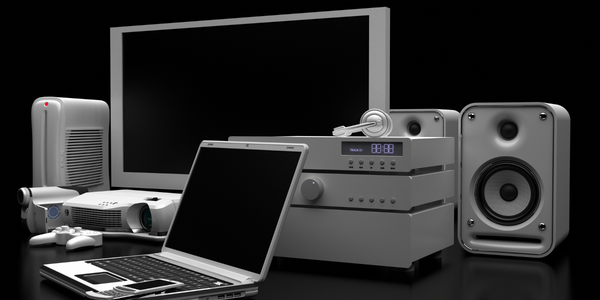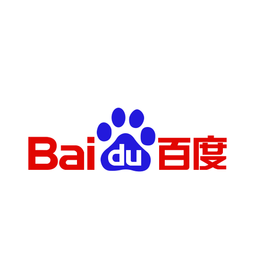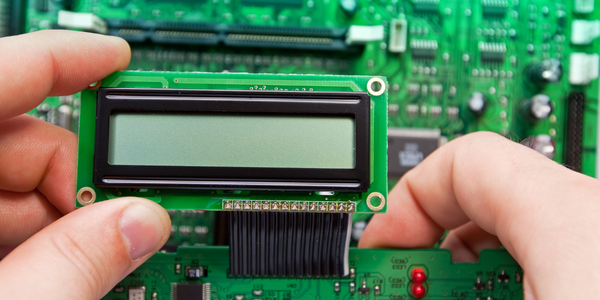下载PDF
Baidu Cloud Supports Gian in Quality Assurance

技术
- 分析与建模 - 计算机视觉软件
适用行业
- 电子产品
适用功能
- 离散制造
- 质量保证
用例
- 计算机视觉
服务
- 硬件设计与工程服务
挑战
作为国内领先的精密零部件制造商,建安科技的客户包括三星、OPPO、vivo等知名企业。他们对产品的精度和外观有着非常高的要求。每年,吉安都会在人力和质量控制和质量检测方面投入大量资金。传统肉眼+放大镜的“原创”方式,密集而枯燥,让很多年轻人不愿意选择这份工作。业务量与人力的差距越来越大,难以满足三班倒八小时的质检需求。加班是家常便饭。
客户
吉安科技
关于客户
金属粉末注射成型(MIM)产品制造商和解决方案提供商。
解决方案
2017年,百度智能云发布ABC质检一体机,钢板缺陷分类准确率达99.98%,与人工专业检测结果非常接近。两年后,百度智能云质检云平台在制造业大规模落地,并升级至2.0版本,性能更强大。质检云2.0更易于使用。门槛更低,可以让吉安科技等典型制造企业进行零代码模型训练,支持端云一体化模式。模型放到产线后,吉安科技还可以根据产线原材料和工艺的变化对模型进行优化迭代。
数量效益
相关案例.

Case Study
Remote Temperature Monitoring of Perishable Goods Saves Money
RMONI was facing temperature monitoring challenges in a cold chain business. A cold chain must be established and maintained to ensure goods have been properly refrigerated during every step of the process, making temperature monitoring a critical business function. Manual registration practice can be very costly, labor intensive and prone to mistakes.

Case Study
Cloud Solution for Energy Management Platform-Schneider Electric
Schneider Electric required a cloud solution for its energy management platform to manage high computational operations, which were essential for catering to client requirements. As the business involves storage and analysis of huge amounts of data, the company also needed a convenient and scalable storage solution to facilitate operations efficiently.

Case Study
Leveraging the IoT to Gain a Competitive Edge in International Competition
Many large manufacturers in and outside Japan are competing for larger market share in the same space, expecting a growing demand for projectors in the areas of entertainment, which requires glamor and strong visual performance as well as digital signage that can attract people’s attention. “It is becoming more and more difficult to differentiate ourselves with stand-alone hardware products,” says Kazuyuki Kitagawa, Director of Service & Support at Panasonic AVC Networks. “In order for Panasonic to grow market share and overall business, it is essential for us to develop solutions that deliver significant added value.” Panasonic believes projection failure and quality deterioration should never happen. This is what and has driven them to make their projectors IoT-enabled. More specifically, Panasonic has developed a system that collects data from projectors, visualizes detailed operational statuses, and predicts issues and address them before failure occurs. Their projectors are embedded with a variety of sensors that measure power supply, voltage, video input/ output signals, intake/exhaust air temperatures, cooling fan operations, and light bulb operating time. These sensors have been used to make the projector more intelligent, automatically suspending operation when the temperature rises excessively, and automatically switching light bulbs. Although this was a great first step, Panasonic projectors were still not equipped with any capability to send the data over a network.








